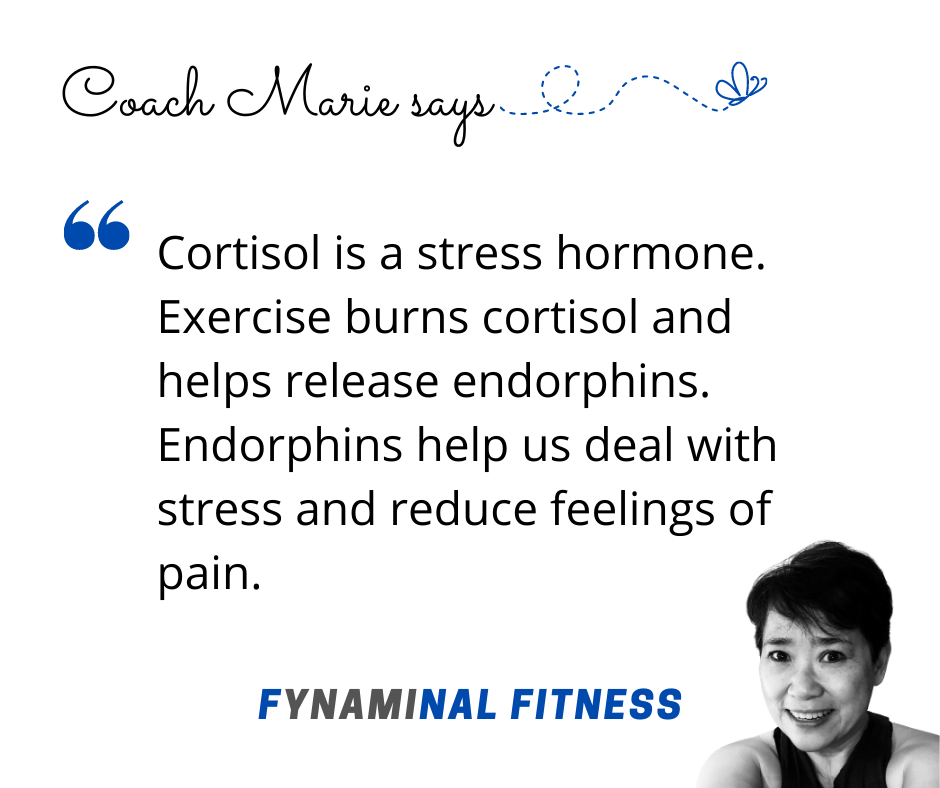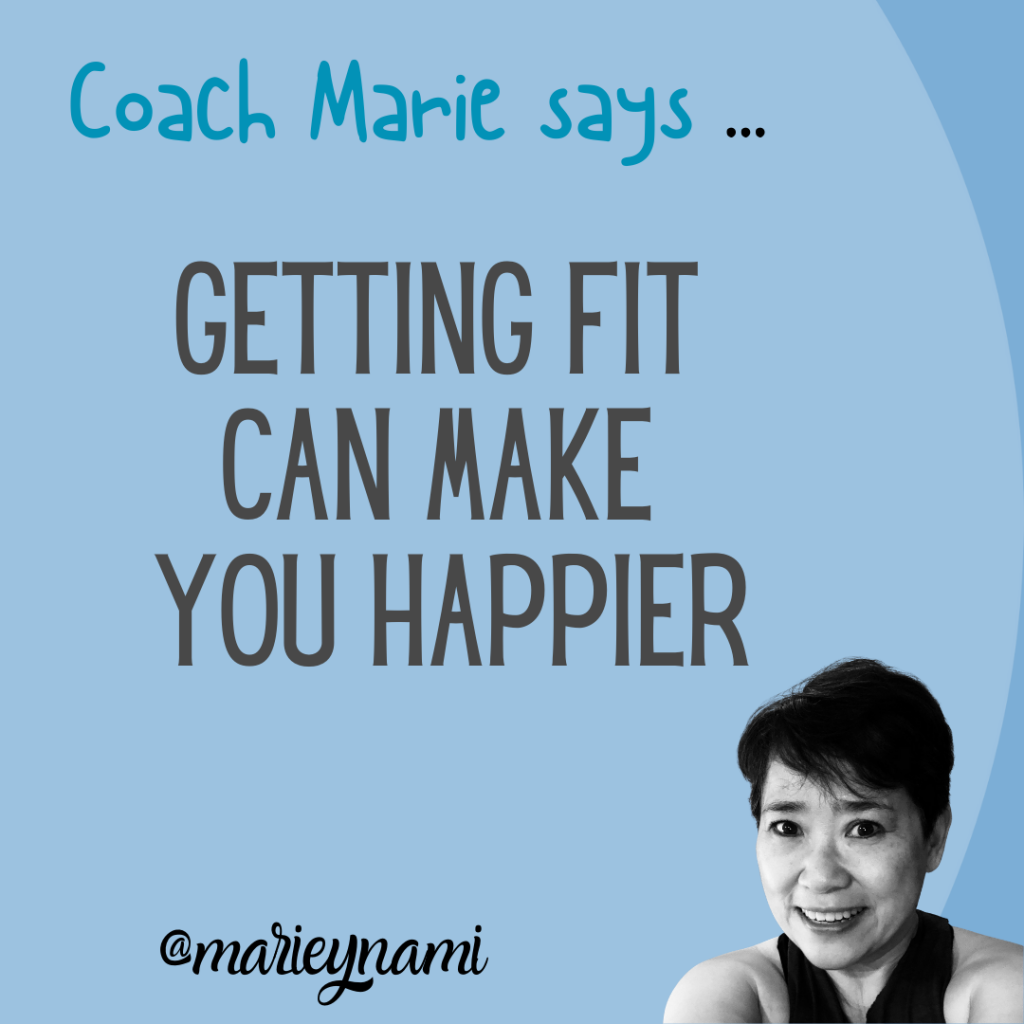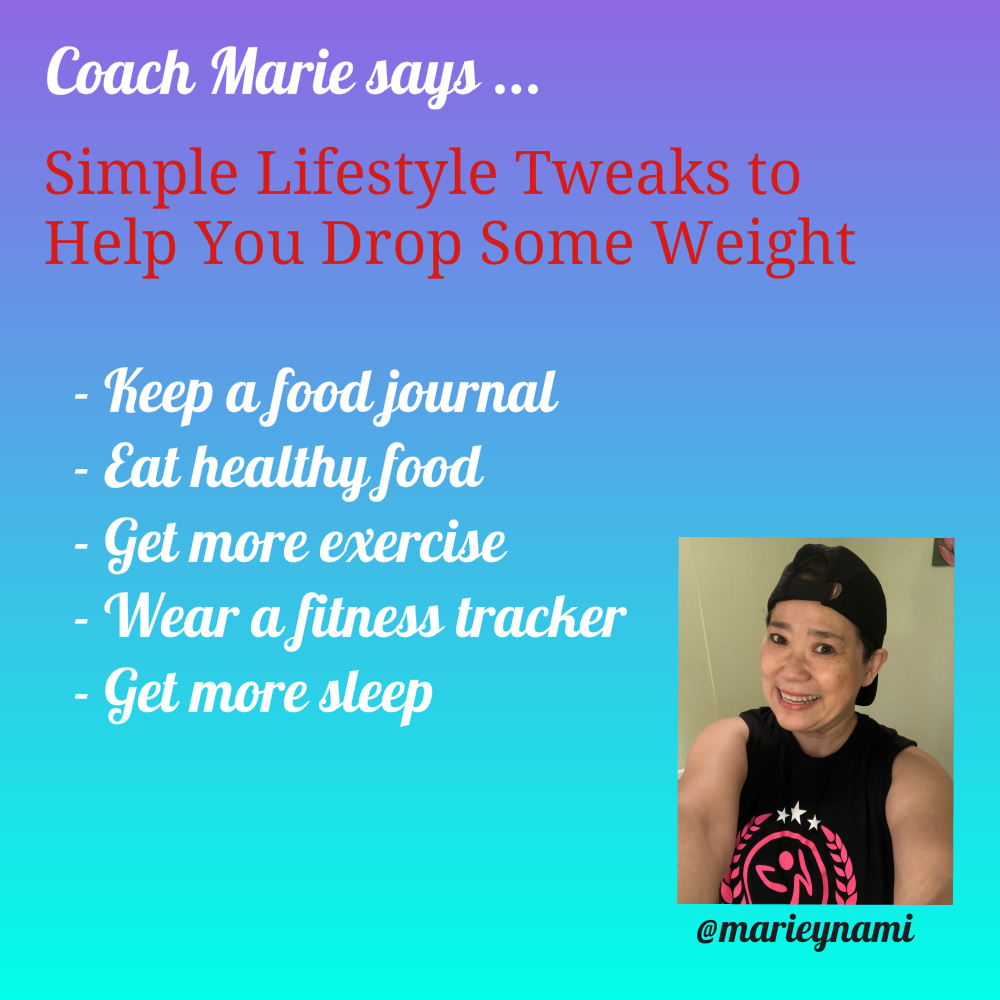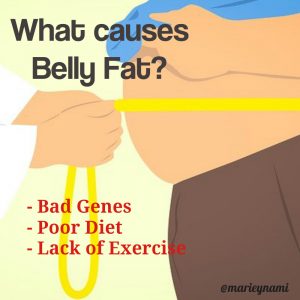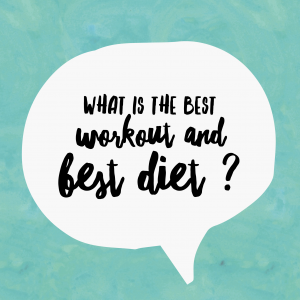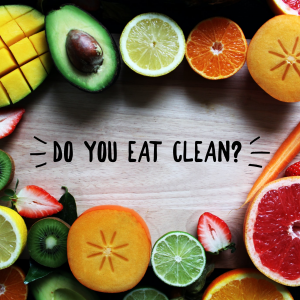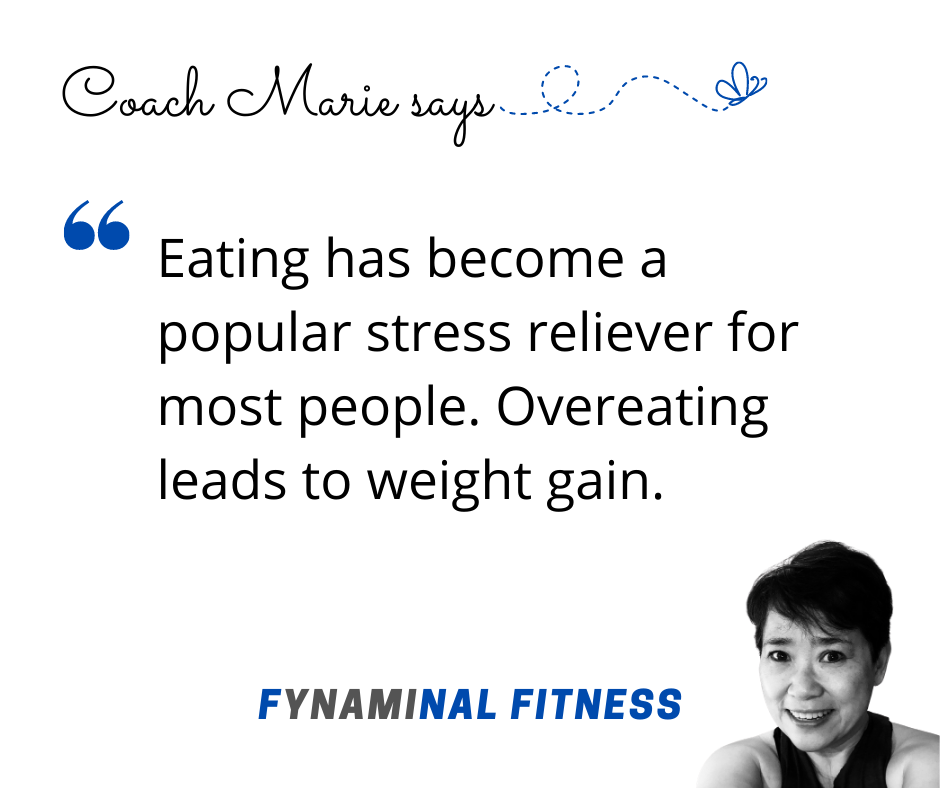
Numerous studies have shown that excessive stress is associated with weight gain. Dating back to when our ancestors were wearing animal skins and hunting with spears when the body encountered a fight or flee situation, it released a series of hormones as a response to the situation.
While our fight or flee situation today may be more related to mounting credit card bills or something that happened at work, instead of getting attacked by a wounded Wooly Mammoth, the response by the body is the same.
When your body feels stressed, it releases three hormones – adrenalin, corticotrophin-releasing hormone (CRH), and cortisol designed to give us the energy needed to deal with the stressor. In most people, the effect of adrenalin and CRH is a short-term decrease in appetite. Cortisol on the other hand lasts longer and is designed to replenish our bodies with food after the stressor has passed.
The problem of today is that dealing with our stress does not involve physically expending calories, however, the effect of cortisol is the same – eat after the fight or flee. So eating becomes the relief from the stress. While that response worked well for our ancestors, it leads to weight gain for us today.
For many people, the food they turn to is simple carbohydrates (aka sugar). The body’s response to sugar (a sugar high) is to release insulin (and usually more than it needs). Because insulin is the hormone that allows those calories to be stored as fat in our cells, and we have more of it in our bloodstream than we need at the time, too much sugar is stored resulting in low blood sugar (the crash). Our body recognizes that it needs more sugar … and the cycle continues.
While initially, this is a behavioral response, it can quickly evolve into a learned response, meaning you consciously turn to food in times of excessive stress. So how do you break the effects of stress?
Do the following things:
• Exercise – Find an exercise that you enjoy doing. Not only will it burn calories, but it will help control your cortisol level.
• Eat right – You can eat small meals throughout the day consisting of foods high in fiber, but low in sugar, such as fruits, vegetables, whole grains, and lean meats.
• Get enough sleep – Sleep deprivation increases cortisol levels.
• Relax – Choose an activity that makes you feel relaxed and calm. It will counter the biochemical effects of stress.
• Minimize caffeine and alcohol – These can also raise cortisol levels and can keep you from getting enough sleep.
• Try taking multi-vitamins – Stress can deplete essential vitamins, especially the B and C complexes.
While you may not be able to completely control the stressors in your life, you can control how you react to them. Use the information in this article to take control and avoid stress-related weight gain.
